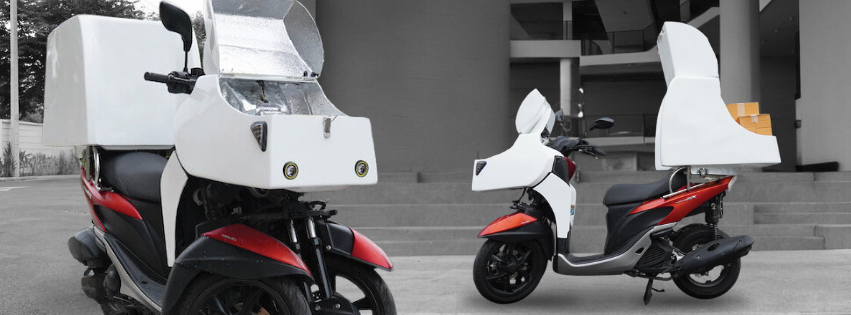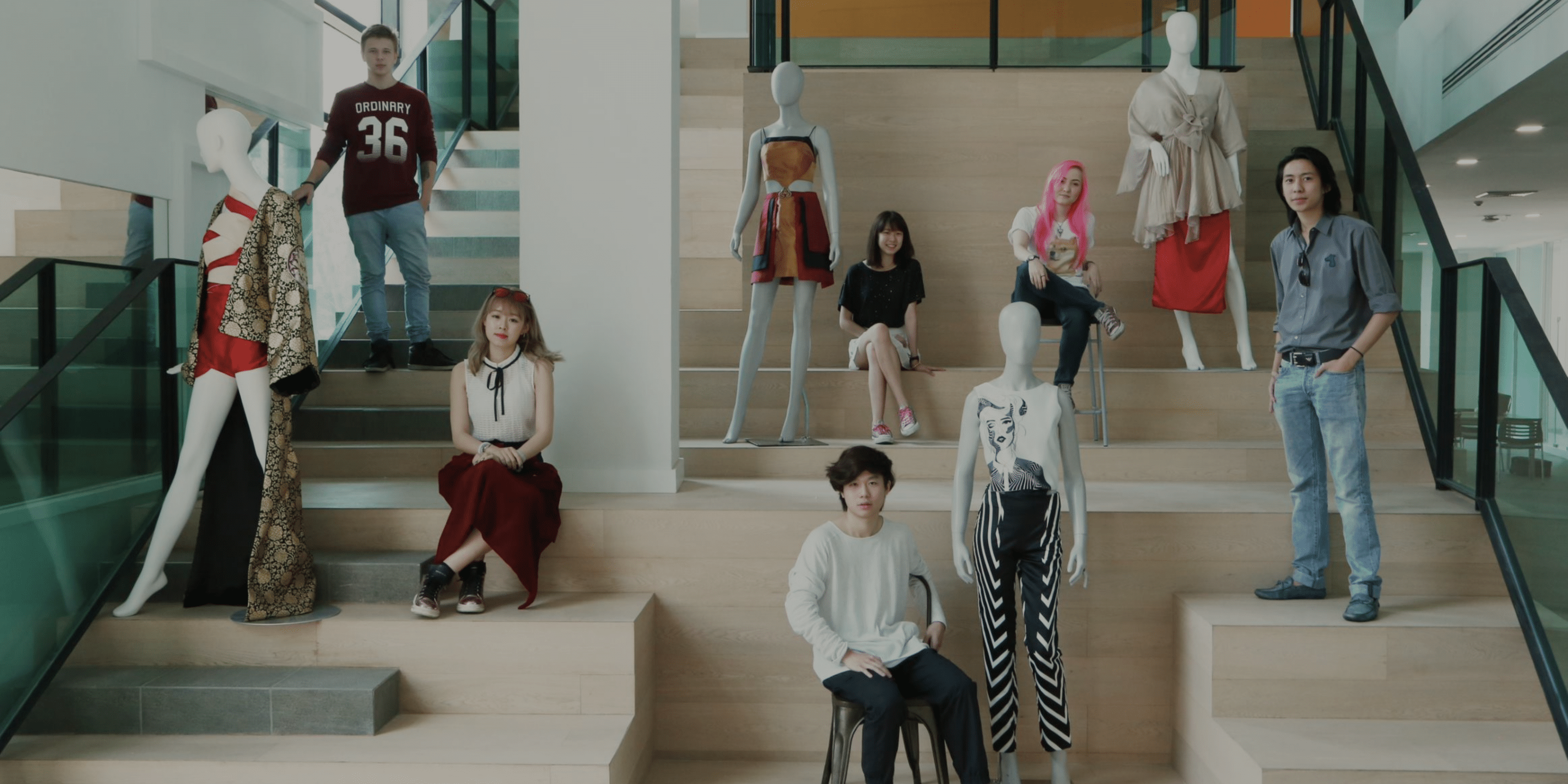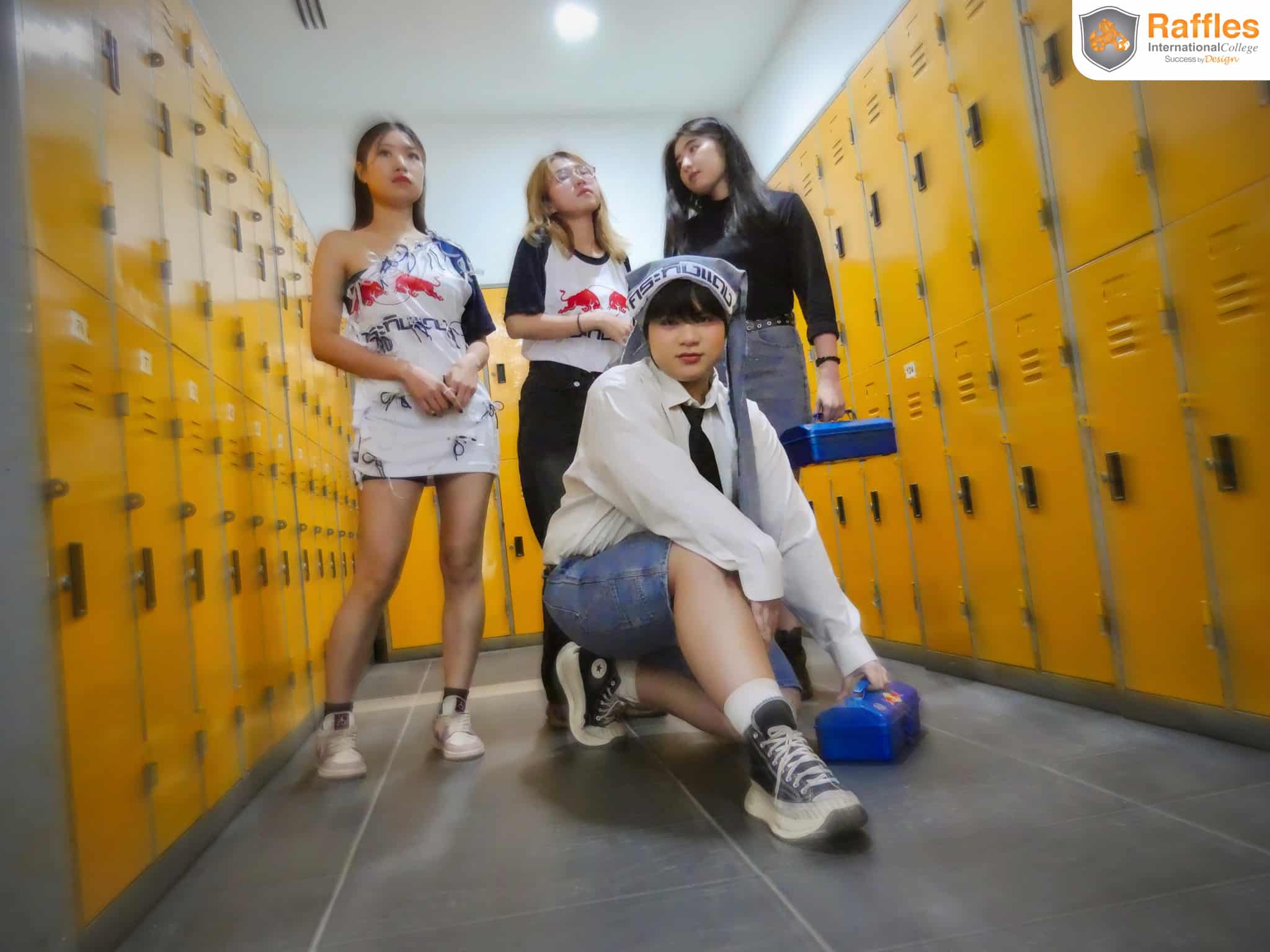
Diploma in product Design
Duration : 6 months
courses
The objective of this module is to introduce students to Model Making exploration, understanding the variety of materials and their properties applied to a range of processes relevant to two- and three-dimensional design and construction. These techniques aim to develop accuracy and constructive imagination. Students will develop awareness in structural conceptualization and visual output of the models executed. Discussion and critical appraisal will be essential adjuncts to observation, concept and practice development.
Through this module, students develop a theoretical understanding of design and the full spectrum of different sources, as well as the historical and contemporary models of the design process. They will learn about the cognitive basis of design thinking and how this differs from basic skills, and understand the different design movements and schools of thought that have influenced the design sector over the last century (Bauhaus, eco-design, ergonomics, mass consumerism, and built-in obsolescence), providing an outlook of upcoming trends and futures.
The objective of this module is to provide learning and acquisition of competences on the regulation of technical drawing, according to the most recent definitions applicable in international standards, as well as the acquisition of capabilities in the description of technical content and methodology in project execution. Students will acquire the basic knowledge of techniques, conventions, and use of instruments applied to the design, in the realization of projects. They will also study methods, projection tools for definition and determination of needs, planning, monitoring, and development of the project, enabling them to use their drawing as a projective and technical communication.
The objective of this module is to provide students with the knowledge and skills to understand and appreciate architecture and visual arts. The ultimate goal is to help students consider and analyze the inherent interaction between art and social and cultural values, to develop critical thinking abilities, and a greater awareness and understanding of design.
The objective of this module is to provide the students with the skills to use observation drawing as a means to express design ideas, and to familiarize students with a range of sketching and rendering techniques to further communicate these design thoughts effectively. Hands-on drawing exercises enable students to gain knowledge and confidence in their power of visualization and the development of perception and execution skills. Through observation and understanding of basic principles of structure, form, volume, space, planes, lines, perspectives, and proportions, students are encouraged to explore and experiment with various rendering skills and art media.
The objective of this module is to provide the students with knowledge and skills to understand and apply basic principles of colour theory into design related projects. The module’s emphasis is on the study and visual phenomena of colour from conceptualization to the application to specific design areas. In this module, students will learn colour perception, harmony strategies, specification, colour scheme mixing, colour history, composition principles, and practise through successful creative designs.
